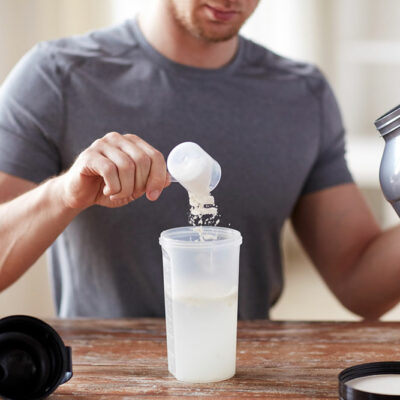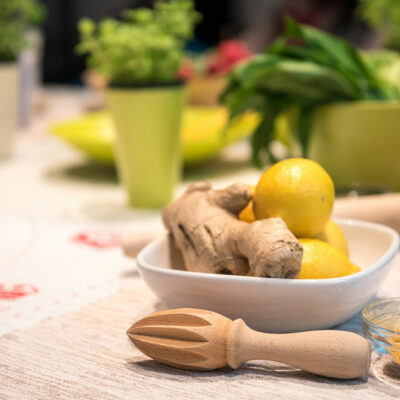
Dietary and Lifestyle Measures to Control High Blood Pressure
High blood pressure or hypertension is a condition where the blood pressure along the artery walls becomes high. As time passes, the increase in the blood pressure can cause damage to the blood vessels, leading to heart diseases, strokes, or even kidney diseases among other health problems.
Hypertension is known as a silent killer because it does not show any symptoms. In some cases, it even goes unnoticed until the symptoms get out of hand. Over 75 million people in the country have hypertension.
DASH diet
The most popular and effective way to control high blood pressure is through a DASH diet. It stands for a Dietary Approach to Stop Hypertension. This diet includes plant-based foods like vegetables, fruits, whole grains, and nuts. Meats like poultry and fish are also a part of this diet. Low-fat dairy is another vital part of the DASH diet.
The diet is curated to ensure that it has low amounts of sugar and salt, which will lower the blood pressure over time. There are no sweet beverages, red meat, fats, and desserts in this diet. People who follow this diet for a long time can also reduce their risk of strokes as well as artery diseases.
Here are the recommendations that one needs to follow according to the DASH diet. Ideally, one should only consume 2,000 calories per day as a part of this diet.
- Grains with eight servings: You can include half a cup of pasta or one slice of bread. You can vary the portions and types of whole grains that you consume each day.
- Vegetables: That includes half a cup of cooked vegetables as well as raw green leafy vegetables. It is an essential part of the diet that one must consume every day.
- Fruits are also a vital part of the diet. People with high blood pressure can have one medium-sized fruit, a quarter cup of dried fruits, and one cup of fresh fruit juice under the DASH diet. Avoid fruit juices with artificial sweeteners as they cause more harm than good.
- Nuts, legumes, and seeds have minerals that are essential for reducing high blood pressure. You can have two tablespoons of seeds, half a cup of nuts, and half a cup of cooked beans. Whenever a person with high blood pressure feels hungry, they can snack on these foods.
- You can consume dairy products that are fat-free or have low fat content. You can also have moderate amounts of milk, cheese, or even yogurt. These items provide calcium that is required to keep your bones strong.
- One can have fish, poultry and any meat apart from red meat. However, limit it to two or lesser servings per day. Ensure that the meat is properly cooked before consuming it.
- While fats and oils must be kept at a minimum, you can have low-fat mayonnaise, vegetable oil or soft margarine. Limit its intake, and try to avoid it altogether if possible.
- If it is not possible to cut off sweets from the diet, a patient with high blood pressure must limit its intake to five servings per week. One can have one tablespoon of jam, jelly, or sugar.
- Consult a dietitian or doctor before starting this diet. They can help with ideas and meal plans. They can also inform patients about how many calories they will have to consume per day as a part of this diet.
It is important to slowly change the diet as any sudden changes might affect a patient’s overall health. One can still enjoy the foods they like if it meets the guidelines of a DASH diet.
Exercise and weight loss
While a high blood pressure diet plays a crucial role, there are some other changes one needs to incorporate into their lifestyle. If followed on a regular basis, one can also keep hypertension in check without depending on the medication.
- A high blood pressure patient needs to watch their weight. Blood pressure may cause an increase in weight for some people. Weight loss is an effective way to bring down hypertension.
- One needs to have regular physical activity. A minimum of 150 minutes per week is required. It can lower the blood pressure by 5 or even 8 mmHg. Simple exercises like cycling, walking, and aerobics are suggested.
- When one is diagnosed with this condition, it is important to follow the right diet and focus on the root cause. Thus, one can ensure that they will get the right treatment.
Most of the risk factors linked to high blood pressure are usually out of a person’s control. Factors like gender, race, family history, and age play a crucial role in determining a person’s susceptibility to this condition. However, by following a high blood pressure diet and performing regular exercise, one can keep this condition in check and avoid any complications.


